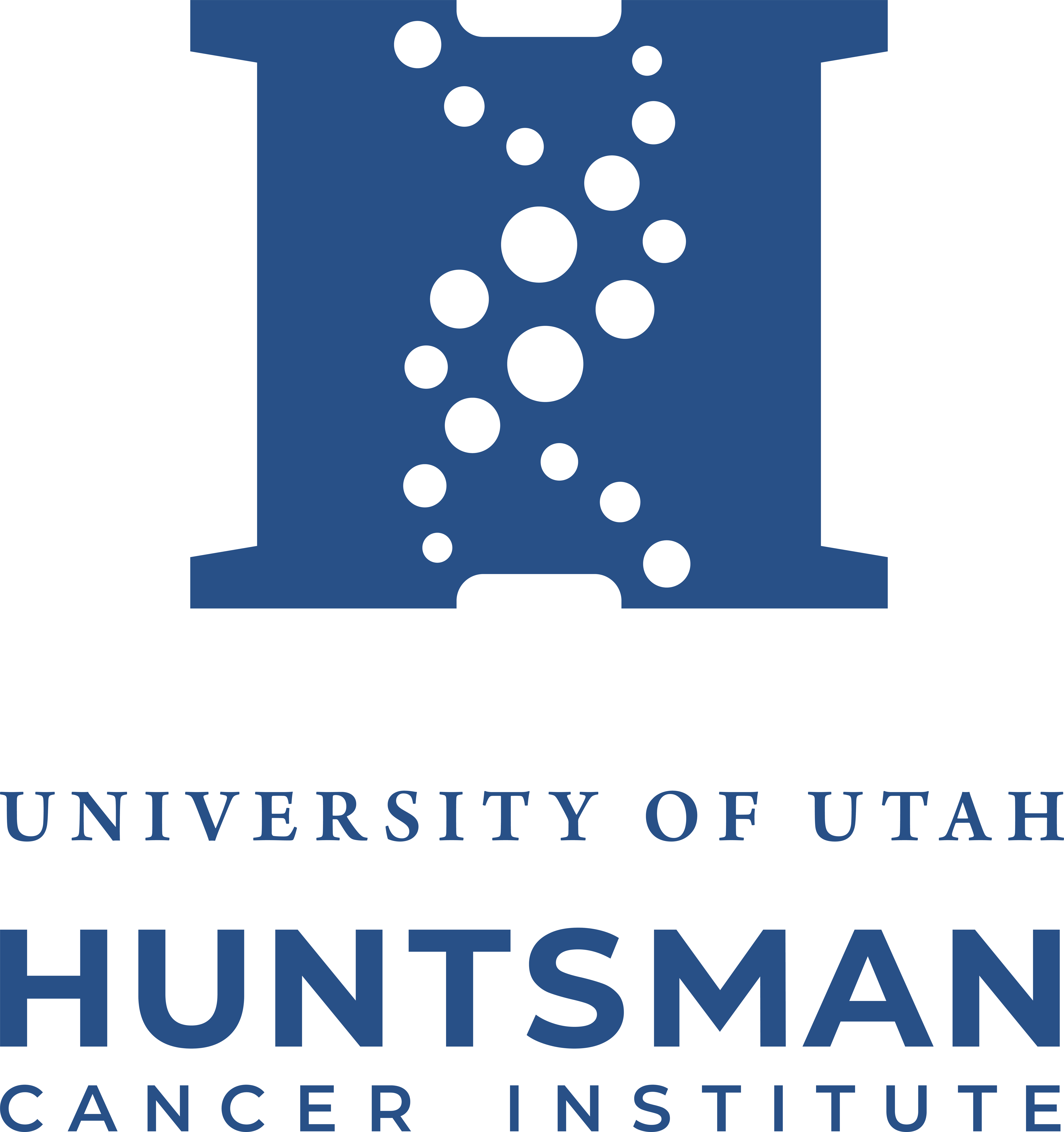
Dr. Matsen on the Effects of Decreased Breast Cancer Screening in the COVID-19 Era

Cindy B. Matsen, MD, discusses the potential effects of the decrease in screening for patients with breast cancer during the coronavirus disease 2019 pandemic.
Cindy B. Matsen, MD, breast surgeon, assistant professor, Department of Surgery, Huntsman Cancer Institute, University of Utah, discusses the potential effects of the decrease in screening for patients with breast cancer during the coronavirus disease 2019 (COVID-19) pandemic.
During the COVID-19 pandemic, the rate of breast cancer screening with mammography has decreased compared with past years. As such, the field is unsure what effect this could have on diagnosing patients with breast cancer post COVID-19, says Matsen.
Although screening is a valuable tool, mammography does not typically identify high-risk breast cancer, says Matsen. In some situations, screening can detect more aggressive cancers, such as triple-negative breast cancer, and that is always preferred to identifying such diseases through palpation, Matsen explains.
It is likely that the decrease in screening will cause more patients to present with later-stage disease; however, whether identifying patients later will have meaningful clinical implications is largely dependent on the subtype of disease, concludes Matsen.



































